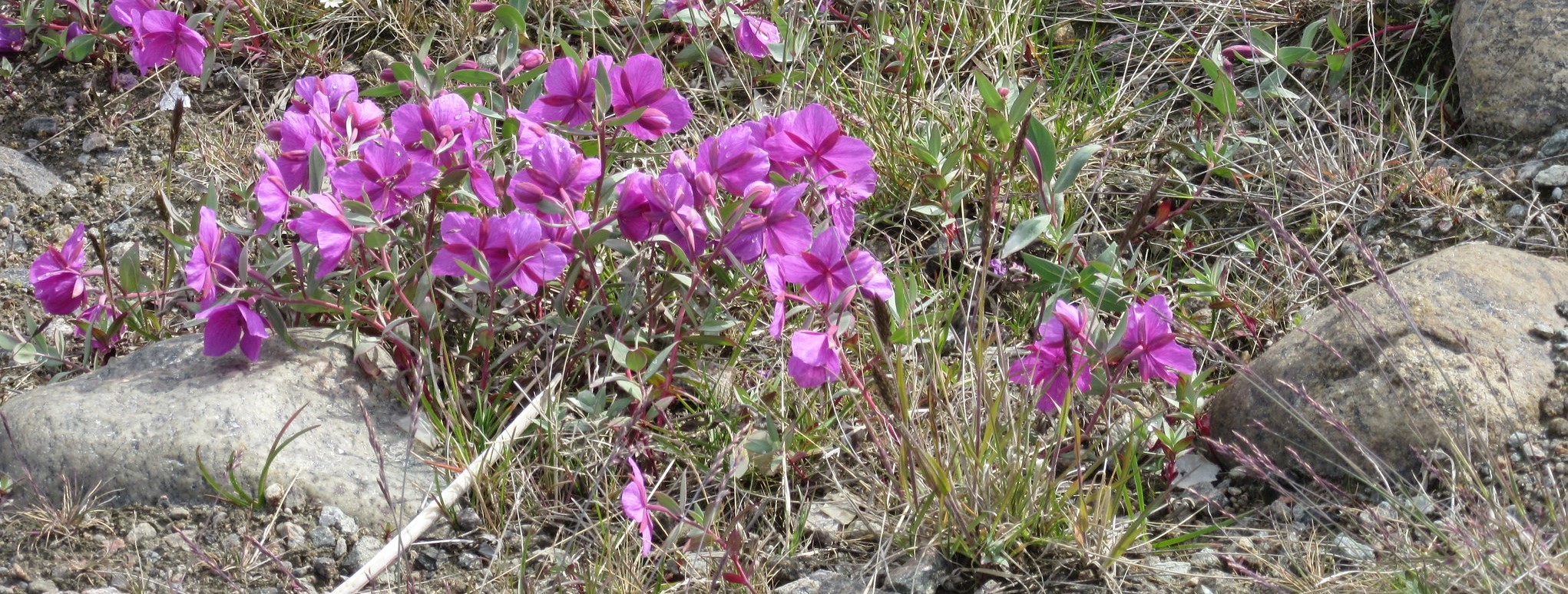Sruthi Tadepalli

More about Sruthi's Internship
Sruthi is completing a remote internship with Maliganik Tukisiniarvik (Legal Aid for the Qikiqtaaluk Region) this summer. She will be helping to explore the gaps in knowledge and understanding of Inuit Qaujimajatuqangit (IQ) principles by legal service providers and help develop educational materials. She is working from her current home in Vancouver, BC and will be returning to Edmonton to continue her studies in the fall of 2021. Her internship has been made possible through cost-sharing between Engage North and Maliganik Tukisiniarvik.
Check back later in the summer for updates!
A conversation with Sruthi about participating in the Engage North Internship Program
Who are you?
My name is Sruthi Tadepalli and I am an incoming third-year law student at the University of Alberta. Prior to law school I completed a Masters in Public Policy, and a Bachelors of Arts, majoring in psychology. I grew up in the Yukon, and I hope to use my law degree to help people seeking social justice.
What was the internship position you are working on, including with whom?
I worked on the Inuit Qaujimajatuqangit (IQ) Project with Maliganik Tukisiniarvik (Legal Aid - Qikiqtaaluk Region).
Inuit Qaujimajatuqangit (IQ) is Inuit traditional knowledge that has been passed down intergenerationally. It is directly translated as “that which Inuit have always known to be true.” IQ principles or values set out approaches that should be taken or create obligations in various situations. However, importantly, IQ is not just relevant knowledge from the past, it is dynamic and evolving.
The IQ Project currently has two major goals. First, to advocate for and work towards providing education on IQ for legal service providers in Nunavut. Second, to advocate for and work towards the integration of IQ principles in Nunavut’s legal system. This summer I have focused on information gathering to support both of these goals. As a result, I spent a lot of my time working on a literature review and bibliography detailing everything I could learn about IQ.
In addition to my research, one of my other main projects was designing a survey that was sent out to all staff to help determine gaps in access to information regarding IQ. This survey was designed to aid our understanding of what educational resources should be developed. In order to help inform my survey questions, I also had the opportunity to interview lawyers and court workers on their experience working in the North, their knowledge of IQ, and their thoughts on resources supplied to legal service providers.
An over-arching goal of the summer was to work to determine how the project can sustain itself in the long-term and work towards achieving its broad and important goals. As a part of this, we worked on a grant proposal, and I identified other sources of funding that can be pursued.
Finally, my last summer project was an interim report detailing the IQ Project’s objectives and purpose as well as its long and short-term goals. This document was developed based on conversations with the IQ Project team, as well as recommendations that came out of the survey and literature review.
Why did you want to be an intern? What attracted you or motivated you to apply for the position?
There are honestly so many things about this position that led me to apply! I am passionate about access to justice, and strongly believe that for any system to be viable it requires understanding and constant learning about the people it wishes to serve. I also am really interested in the ways that Indigenous legal principles can be incorporated into existing systems, and the working of Indigenous law more generally. This position offers an amazing opportunity to learn and I know that all the knowledge I gain will inform my work moving forward.
With the internship position requiring remote work, how did you interact with the organizations/communities you were working with?
Lots of meetings is really the main plan. Zoom is definitely not the same as in person, but it is so helpful to be able to talk to people about the work almost face to face. Everyone I have met has been great about putting me in touch with more people and talking about their experiences living and working in Nunavut.
What were some of the challenges you might face? What were some of the benefits?
I think the biggest challenge I faced this summer is the fact that I have had limited exposure to Inuit culture or legal principles. I also do not speak Inuktitut and worked remotely, meaning that all interactions had to take place over the phone or video conferencing. I compensated for this by being fully aware of everything I do not know and trying to ask the right questions to make sure that my work is useful.
In terms of benefits, I learned a lot from working on this project. Everyone involved is passionate about access to justice and has provided amazing mentorship. Gaining this kind of community-based knowledge is an irreplaceable experience.